Woolworths, Coles, Aldi pressed for coronavirus-safe bubbles to protect food supplies
The nation’s supermarkets are hopeful of a breakthrough in talks over the easing of tough restrictions placed on their critical supply chains.
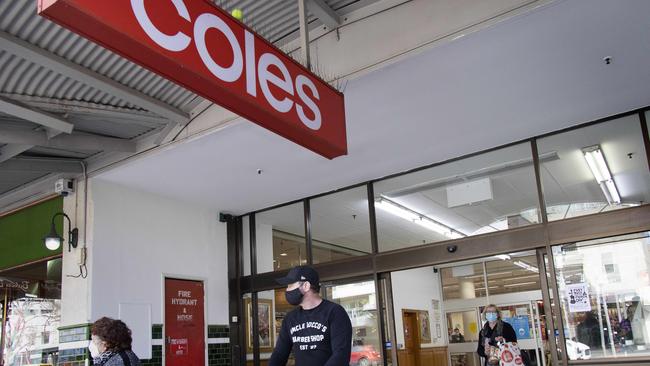
The nation’s supermarket chains are hopeful of a breakthrough in talks over the easing of tough restrictions placed on their critical supply chains such as distribution centres and warehouses following a meeting with Victorian Premier Daniel Andrews.
Top executives of Woolworths, Coles, Aldi and the independent supermarkets represented by wholesaler Metcash were involved in a phone hook-up this week, when for the first time Mr Andrews participated in talks and heard first-hand the industry’s fears that tight rules around the operation of their warehouses and transport could cause food shortages for Christmas.
Talks were held around the further work that needs to be done by the retailers to have COVID-safe systems in place at distribution centres and warehouses that can maintain a protective bubble with a full workforce, as well as the use of “COVID marshals” to enforce these protocols.
The talks come as regional Victoria has been released from stay-at-home restrictions from Thursday, with hospitality businesses able to open to up to 10 eat-in patrons, having reached the threshold of a fall in case numbers set under Mr Andrews’ roadmap.
However, Melbourne remains under a stage-four lockdown. Victoria had 42 new coronavirus cases on Wednesday.
Wednesday’s positive test rate is 0.29 per cent — down from an eight-day high on Tuesday of 0.48 per cent, and well down on the record of 3.73 per cent on August 2.
The supermarkets detailed to Mr Andrews directly the timetable between now and December that will see food and other products progressively built up at the stores to prepare for the Christmas rush, with the first crucial marker at the end of September, when about 15 per cent of stock must be in stores. Mr Andrews told the supermarkets on the call he wanted the “best possible Christmas” for consumers.
Executives who participated on the call told The Australian the supermarket chains left the meeting with more certainty they were being listened to; Mr Andrews directly understood the threat to supplies; and that the industry could work up a solution to ease workforce limits that would power up the grocery supply chain.
Meanwhile, the supermarkets held separate talks with the federal government earlier this week, raising the issue about the potential threat to Christmas food and grocery supplies at a conference call for the Supermarket Taskforce convened by Peter Dutton’s Department of Home Affairs.
Last week, the Victorian government was warned by Woolworths CEO Brad Banducci, in what was described by some as a heated meeting, that the state ran the risk of running short of key Christmas foods unless stage-four restrictions on the sector’s chain of warehouses, depots and distribution centres was relaxed.
This could also have similar consequences for the rest of the country, given Melbourne’s dominant position in the national grocery supply chain.
On Tuesday, the supermarkets were able, for the first time, to convey those food shortages concerns to the federal government through the Supermarkets Taskforce. The taskforce has met regularly to resolve issues affecting supermarkets since the pandemic emerged this year. It includes representatives from government departments, supermarkets, the grocery supply chain and the Australian Competition & Consumer Commission.
The taskforce became a central co-ordinating body earlier this year, when panic buying triggered by the pandemic forced leading chains Woolworths and Coles to implement purchasing limits on key items ranging from toilet paper and hand sanitiser to meat, pasta and frozen vegetables.
If the situation worsens and purchasing limits are again implemented in December, it will be co-ordinated through the Supermarkets Taskforce.
The key issue for the supermarket industry, led by heavyweights Woolworths and Coles, is that stage-four restrictions on workers allowed at key Victorian warehouses and distribution centres is strangling the ability to ship key Christmas grocery staples to the required volumes by mid-December.
Woolworths and Coles typically need to have 15 per cent of their Christmas stock in stores by the end of September and 40 per cent by the end of October, with the remaining groceries built up between November and December.
The supermarkets’ concern is that if they do not hit that target of 15 per cent by the end of this month they will never be able to catch up, almost ensuring some shortages by December.
The efficiency and capacity of the supply chain to carry the burden of these volumes is going to be especially important for the supermarkets this year, with many expecting the biggest Christmas ever, up 30-40 per cent on last year, as COVID shutdowns and social distancing see many people shying away from restaurants and pubs to cater more at home.


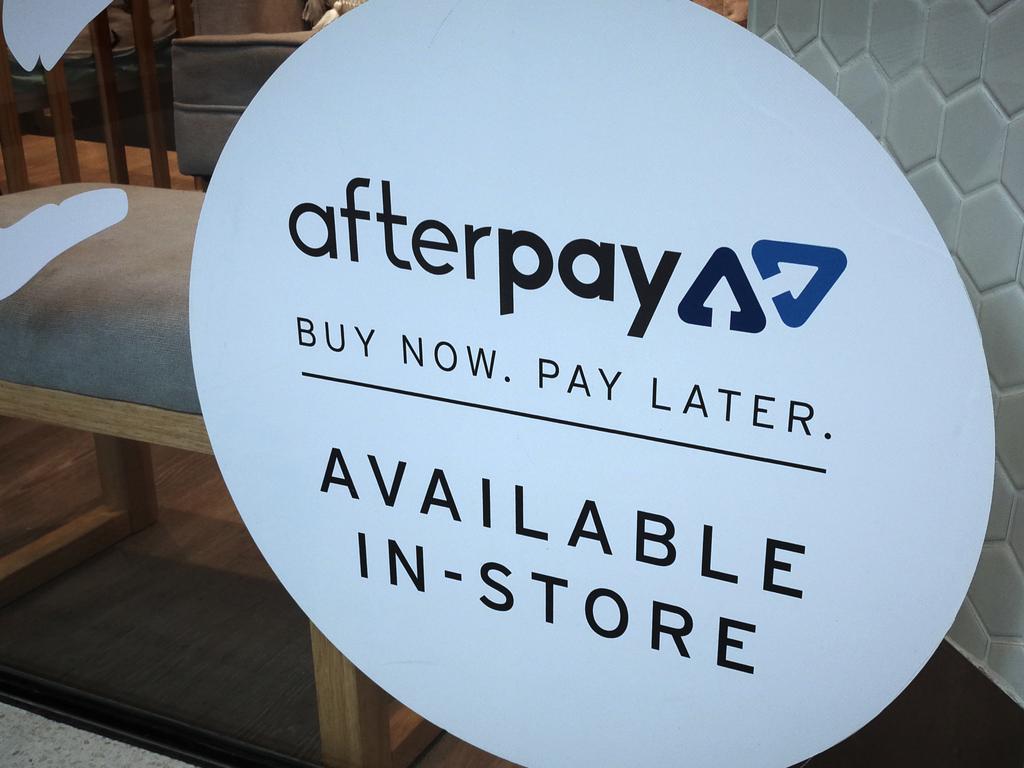

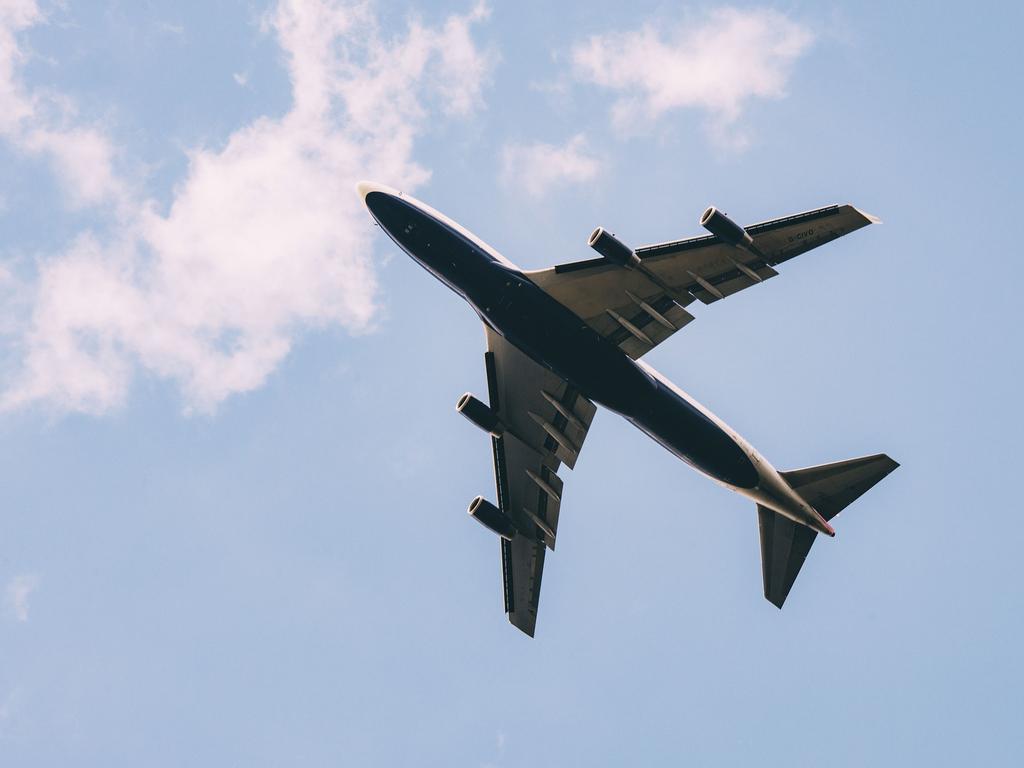

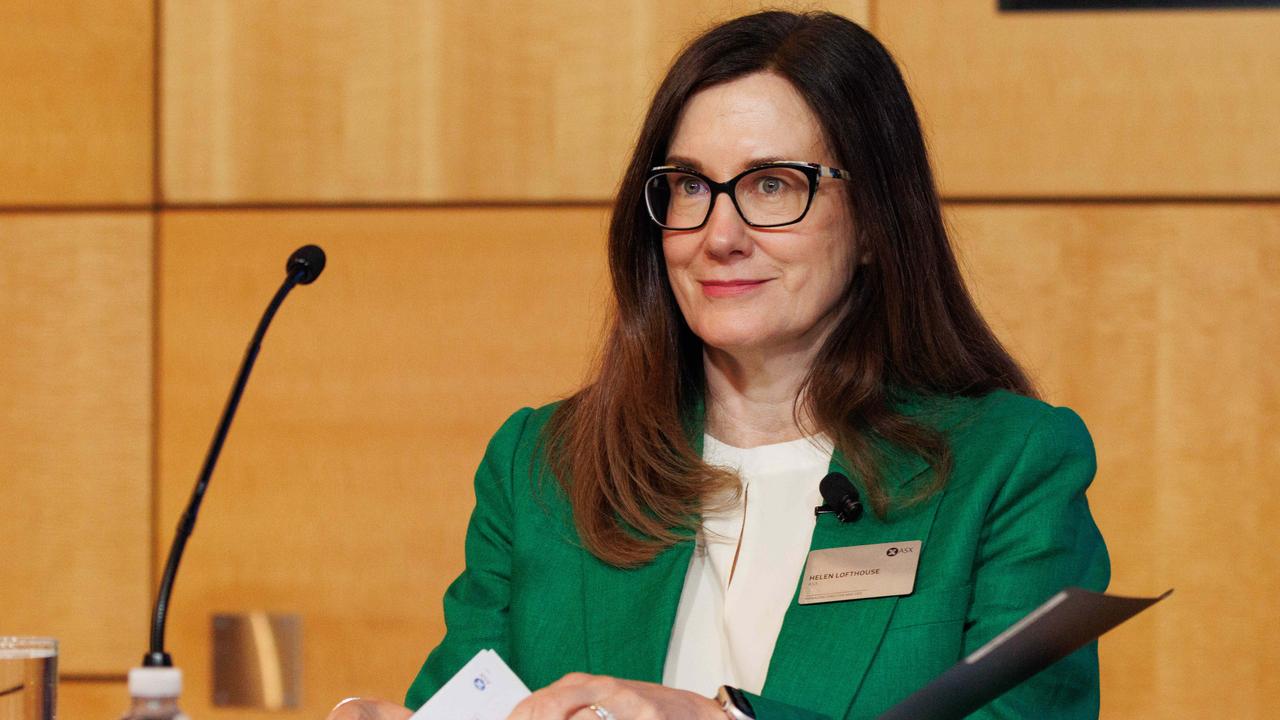
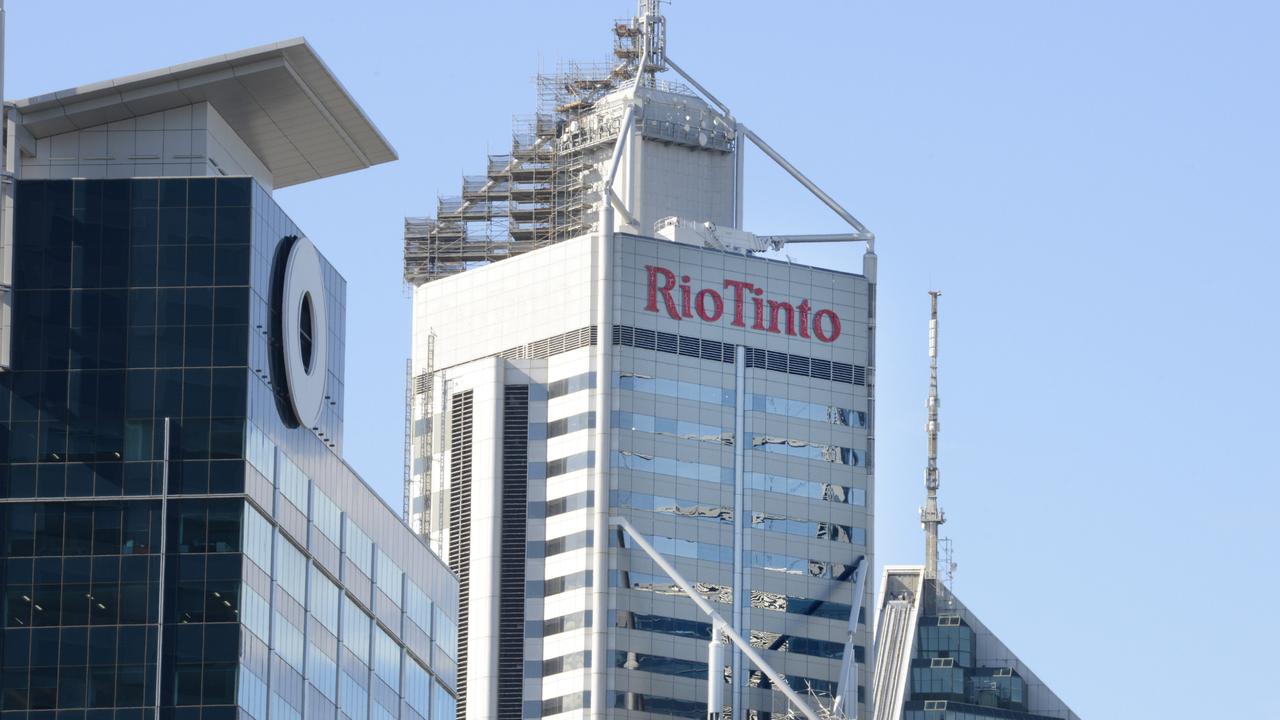
To join the conversation, please log in. Don't have an account? Register
Join the conversation, you are commenting as Logout